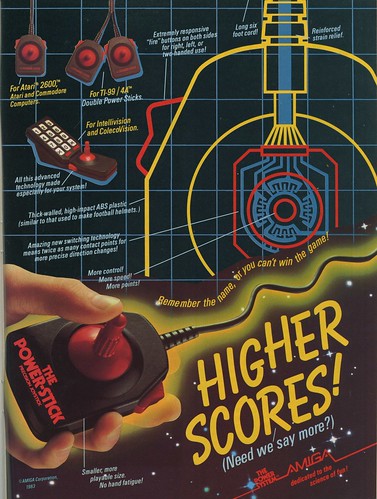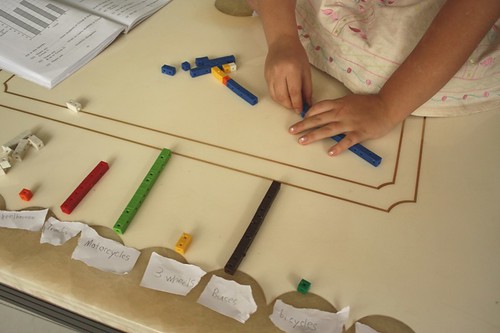
ใน Writing Task 2 เราจะต้องเขียนเรียงความ (essay) หนึ่งในสี่แบบ คือ
- agree & disagree: เห็นด้วย หรือ ไม่เห็นด้วยกับความเห็น
- pros & cons: ข้อดีกับข้อเสียของสิ่งของหรือการกระทำ
- causes & effects: สาเหตุกับผลของการกระทำ
- problems & solutions: ปัญหากับทางแก้ไข
นอกจากเนื้อหาแล้ว รูปแบบของการเขียน
หรือ writing style ยังมีความสำคัญด้วย
รูปแบบการเขียนที่ควรใช้ใน Writing Task 2
คือ
"Academic Writing"
Academic Writing คืออะไร
Academic Writing คือ แนวทางการเขียนแบบเป็นทางการ
อย่าลืมว่ามันเป็นเพียงแนวทาง ไม่ใช่สิ่งที่ต้องทำในการสอบ IELTS
ฉะนั้น ไม่ต้องเครียดกับมันมากนะครับ แค่ลองทำดู
Academic Writing เขียนยังไง
1. ใช้คำศัพท์ที่มีความหมายตรงตัว ไม่วกวน ไม่ซ้ำซ้อน
: ( return back, new innovations (ซ้ำซ้อน)
: ( It is essential for
small children to learn turn-taking. (small children คือ เด็กตัวเล็ก)
: ) It is essential for
young children to learn turn-taking.
(ถ้าจะพูดถึงเด็กเล็ก / เด็กอายุน้อย แบบเด็กอนุบาล ต้องใช้คำว่า young children)
2. ใช้คำศัพท์แนว academic
เช่น particularly, participate in, allow, solution, appropriate
Perhaps, this would seem to be the
appropriate solution.
It is
particularly essential for small children to learn turn-taking.
Students should be
allowed to make their own decisions.
3. ใช้ passive voice แทนสรรพนาม I, you, we
: ( We
should allow students to make their own decisions.
: ) Students
should be allowed to make their own decisions.
4. ใช้ I, my ได้เมื่อพูดถึงความเห็นของเรา (personal opinion)
: ) I don't think it is essential for kids to study P.E.
5. ใช้โครงสร้าง "It is + adj. + {whether หรือ that} + subject + verb"
: ) It is controversial whether students should study P.E.
6. ใช้ภาษาที่แสดงถึงความไม่แน่ใจ
เช่น Perhaps, On balance, would seem to + v.inf, may + v.inf
This action is
perhaps too radical for our country.
On balance, this
would seem to be the greatest event of the year.
Poverty
may be caused by illiteracy.
4 ไม่ใน Academic Writing
- ไม่ ใช้ idiom
- ไม่ ขึ้นต้นประโยคด้วย and, but
- ไม่ ใช้รูปย่อของ verb ช่วย เช่น don't doesn't didn't
- ไม่ ใช้ phrasal verb เช่น look after, find out, come across
![MPj04393930000[1]](http://farm3.staticflickr.com/2609/5843577632_d146208a9c.jpg)



